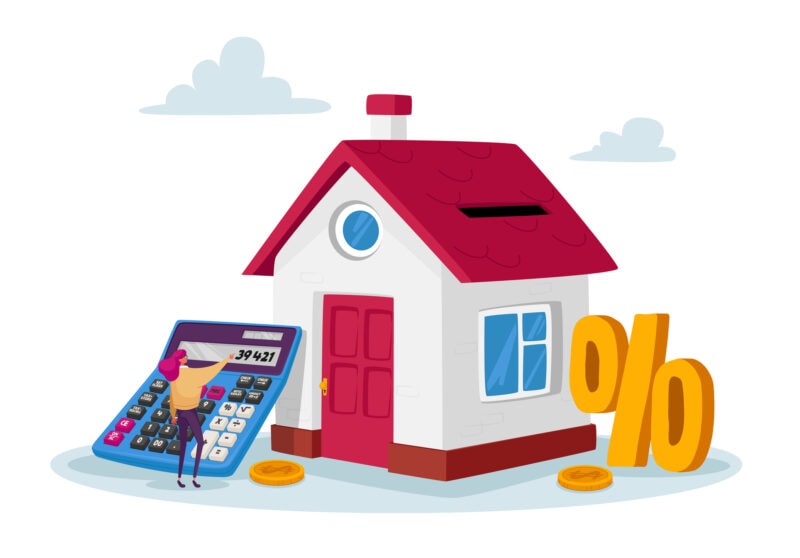
What are Fannie Mae and Freddie Mac?
If you're exploring home financing options, you've likely come across the names Fannie Mae and Freddie Mac. But what exactly are these entities, and how do they impact the mortgage ...
Are you a homeowner interested in lowering your mortgage interest rate, extending or shortening the length of your loan, making a large purchase, or consolidating debts into a single payment? You can do it by refinancing your home.
You’ll have two paths to explore: a rate-term refinance or a cash-out refinance. A rate-term refinance pays off the balance of your current loan and allows you to obtain new terms, such as a different interest rate or loan length. A cash-out refinance enables you to access funds by tapping into the existing equity in your home.
Mortgage refinancing replaces your current home loan with a new one. Essentially, you’re paying off your old mortgage by taking out a new loan.
The most common reasons for refinancing include seeking better interest rates, lowering monthly payments, using home equity to make a large purchase or consolidate debt, and using home equity for renovations.
Borrowers can qualify for home refinancing loans if they meet all of the following conditions:
Are you a homeowner looking for an expert opinion? A Summit Mortgage loan officer can help you determine if today is the right time for a mortgage refinance loan.
A local Summit Mortgage loan officer has the expertise to guide your decision-making process, answer questions, and get you approved with the best refinancing program for your unique situation. Find a loan officer who’s right for you.
Use our mortgage calculator to estimate your monthly payment by adjusting factors like purchase price, down payment, interest rate, and term. Then, connect with a loan officer to explore mortgage and refinance options that fit your budget.
Applying for a home refinance loan or determining if a refinance is right for you is simple! Use our Quick Start Form to connect with a Summit Mortgage loan officer who can help guide you through the process.
Curious about what comes next? View our step-by-step application checklist to learn about the application process.
Refinances should not be directly compared to home purchases, as they involve different requirements, parameters, rates, and more, all of which can vary depending on the loan’s purpose. When comparing refinancing options, you’ll find that cash-out refinances typically have higher rates than rate-term or streamline refinances. This is because interest rates are influenced by risk factors, and cash-out refinances are considered riskier due to the higher loan balance and increased loan-to-value ratio.
Summit Mortgage employs some of the most experienced loan officers in the country. Our in-depth knowledge of refinancing, combined with our commitment to understanding your goals, will ensure your homebuying experience is as smooth and rewarding as possible. Find a loan officer near you.
Congratulations, you’re on your way to understanding if a refinance mortgage is right for you. If you’re ready to get matched with a Summit Loan Officer to help you with the next steps, use our Quick Start Form.
If you’d like more information first, explore our online resources to learn about the key questions to ask your lender.

If you're exploring home financing options, you've likely come across the names Fannie Mae and Freddie Mac. But what exactly are these entities, and how do they impact the mortgage ...

When you’re looking for a place to settle down and purchase a home, the cost of living is a crucial factor to consider. It impacts everything from housing affordability ...